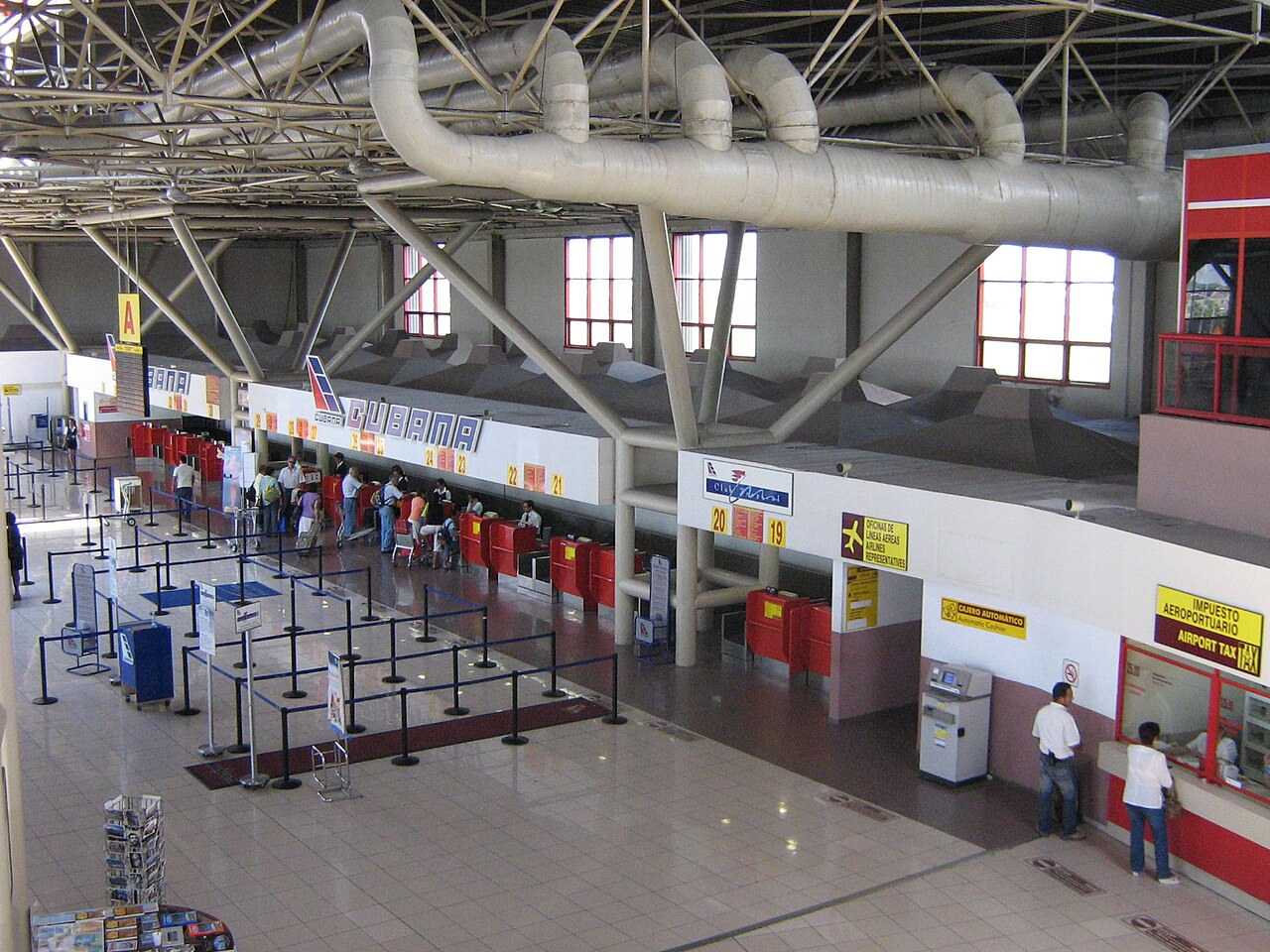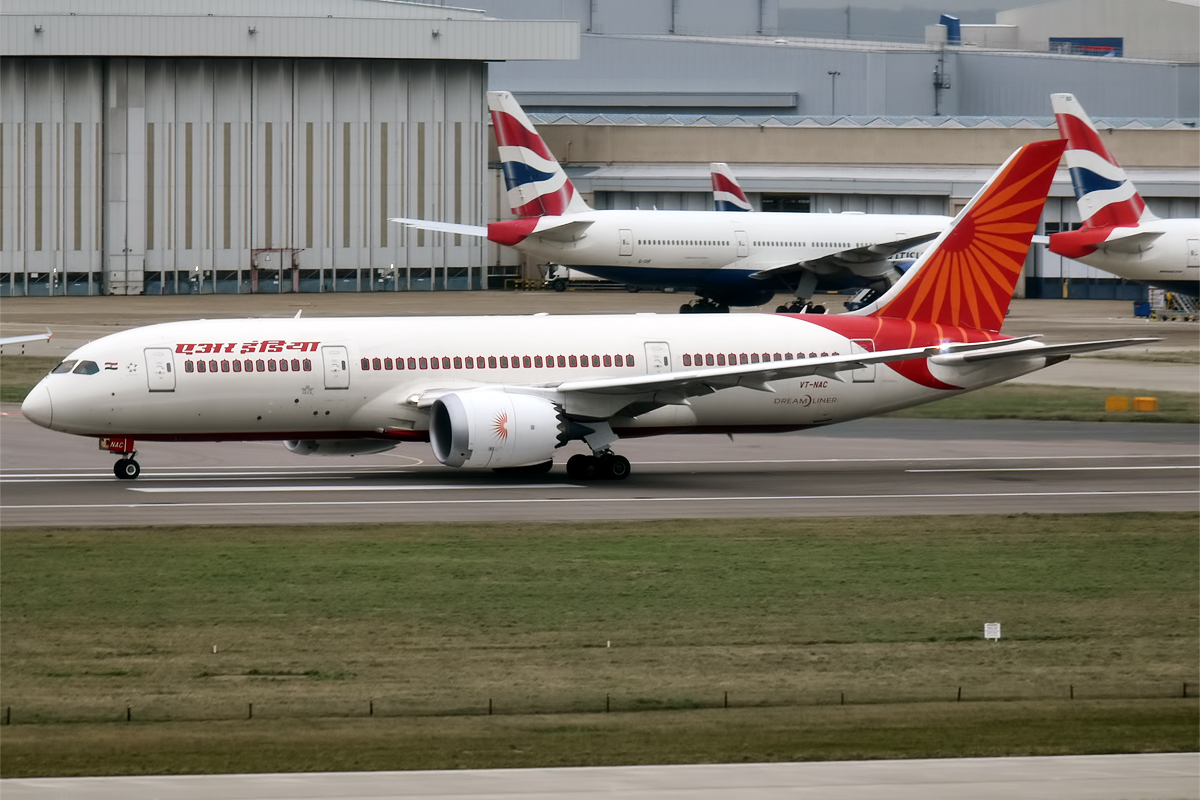
The Qantas Group today announced that it will allow customers to cancel flights and receive travel credit. The option applies to customers with existing and new bookings on both domestic and international flights. The offer is available until 31 March for travel up until 31 May 2020.
The group will also waive change fees when re-booking. The travel credit can be redeemed up to 12 months from the original booking for Qantas customers. “For Jetstar customers, travel vouchers can be redeemed in one booking only within 6 months of issue, for travel within 12 months of new booking date.” Those that purchased flights with frequent flyer points will also have the change fee waived.
Due to increased demand in contact centres, Qantas is urging customers to go to Manage Booking on the Qantas website, select cancel and then voucher. Jetstar customers should go to the Jetstar website after 9am, 16 March 2020 and go to Manage My Booking.
Qantas Group Chief Customer Officer Stephanie Tully said, “Travel restrictions are being introduced by governments to contain the spread of the Coronavirus, not because of the risk of contracting the virus on a flight. Medical experts, including Australia’s Chief Medical Officer and the World Health Organisation, continue to advise that it continues to be safe to fly and the risk of contracting the Coronavirus on an aircraft remains low.”
The option comes after the Australian Government announced that all people entering Australia from midnight 16 March 2020 will be required to self-isolate for 14 days. The government has also released a worldwide Level 3 Travel Advice. Level 3 is “Reconsider your need to travel,” with Level 4 being Do Not Travel.
The Australian Government’s travel website, www.smartraveller.gov.au says:
“At level 3, there are serious and potentially life-threatening risks. This can make the destination unsafe for tourism and unsuitable for most travellers. This could be due to:
- an ongoing threat of terrorism or kidnapping
- frequent incidents of violent crime
- ongoing civil unrest
- widespread disease
- other safety risks
“Think seriously about your need to travel to these places. This may mean postponing non-essential travel, or choosing a less risky destination.
“If you decide to travel anyway, it’s your responsibility to reduce your risks and stay safe. The Australian Government is limited in how and when it can help if you get into trouble.
“These countries often have an unpredictable security environment. We may assign this advice level temporarily when there’s been a major incident there. This could include a natural disaster or terrorist attack that has made the destination too risky for most travellers.
“Our advice levels also apply to Australian officials travelling overseas. Officials must undertake a detailed security risk assessment before travelling to these areas. They may have to adopt specific protective security measures.”










